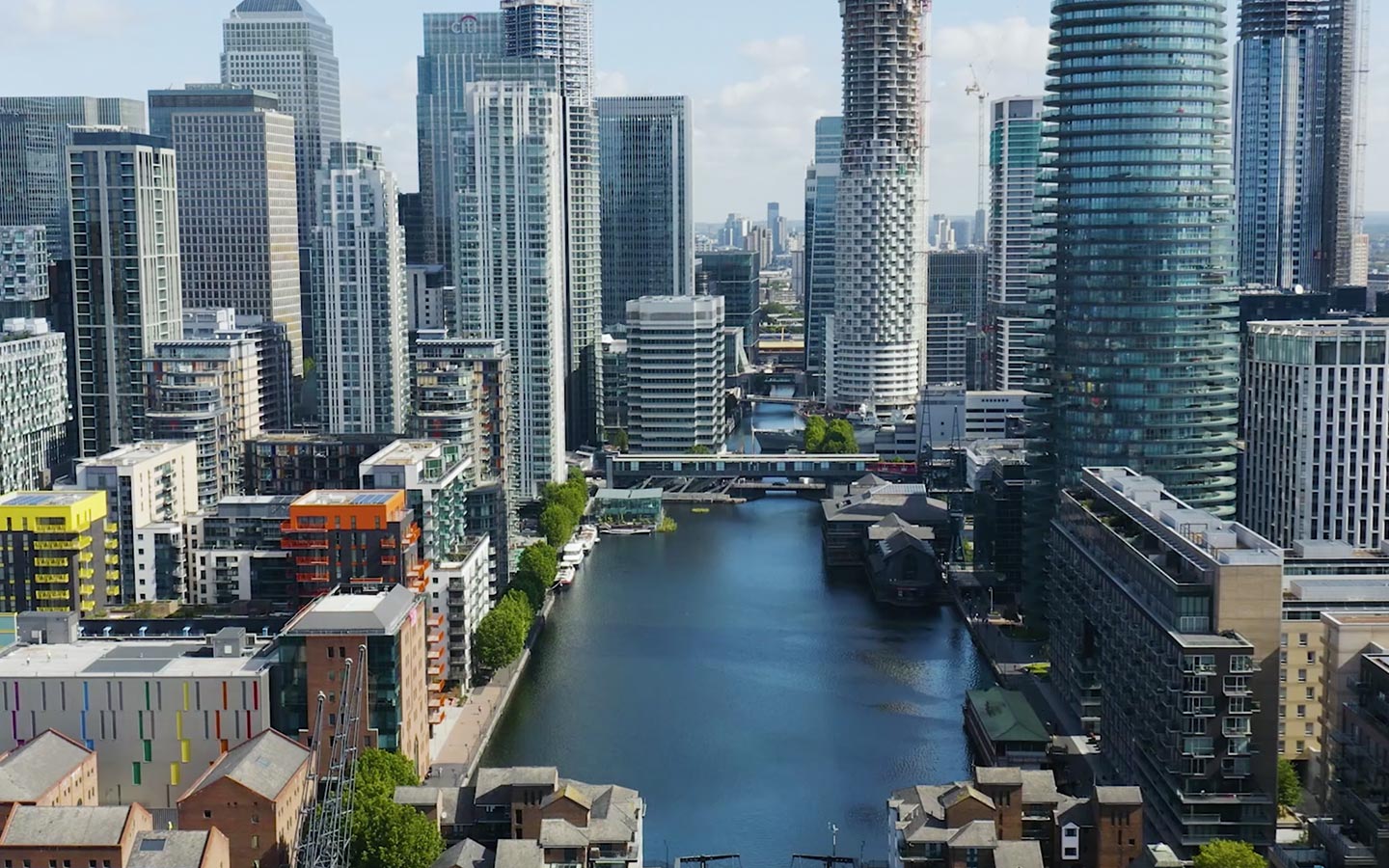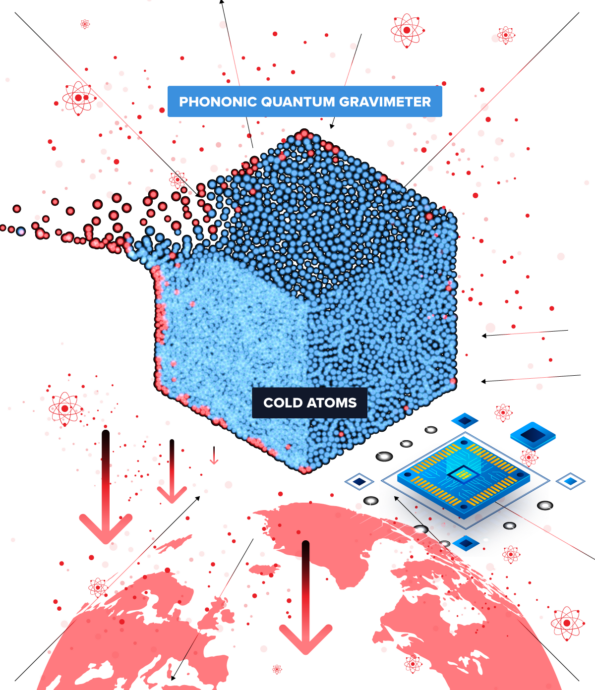
Essential, life-supporting instruments
A gravimeter is an instrument used to measure gravity. Also called a gravity meter, the most highly sensitive of these devices are used for measuring the gravitational field of the Earth at a specific location and are used for locating bodies of oil, gas and – increasingly importantly – water. Classical gravimeters vary in complexity – from a simple relative spring-based weighing scale to absolute gravimeters which look at gravitational acceleration of a test mass in a vacuum – and size, with some of the smallest being the size of a shoebox.
An atom can also be used to measure gravity in a quantum gravimeter. These deliver much higher precision as atoms obey quantum mechanics, and quantum states are very sensitive to gravity. However, current quantum sensors use atoms free falling over about a metre, with sensing precision decreasing with the time of flight, and motion also affecting their accuracy. Although precise, these instruments are neither as portable nor as accurate as they could be.
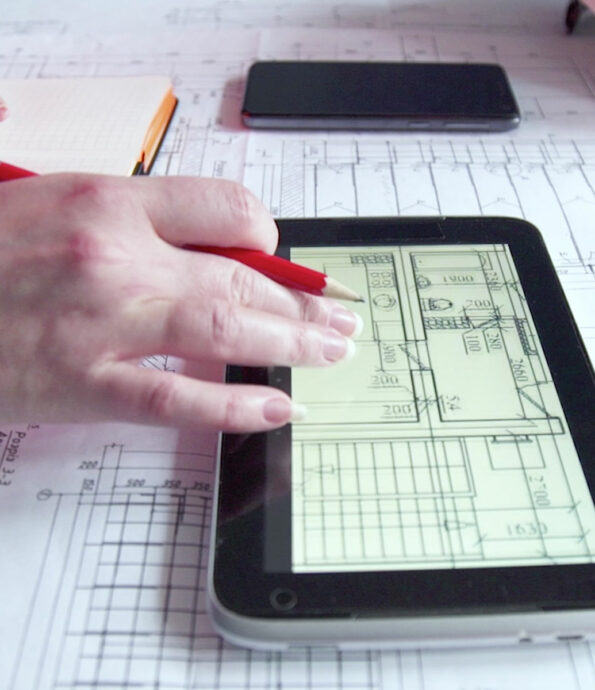
A miniaturised, ultra-precise quantum gravimeter
The Phononic Quantum Gravimeter solution is unique in that it traps the atoms rather than let them fall. These ultra-cold trapped atoms then collide giving rise to quantum vibrations, like tiny waves in a freezing microscopic atomic ocean. Quantum waves are very sensitive to gravity in the same way as ocean waves are sensitive to changes in the ocean depth and live for a finite amount of time. In the Phononic Quantum Gravimeter the sensitivity improves when the waves can be made to live longer. Overcoming the challenge of producing long-live quantum waves, will enable us to both miniaturise gravimeters and improve their precision.
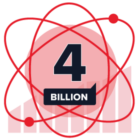
£4bn expected contribution. Quantum sensors – with their greater precision – are expected to contribute over £4bn per year to the UK economy. This solution has the potential to increase both their profitability and reach with miniaturisation.

17 years to global water shortage. Unless water use is drastically reduced, severe water shortage will affect the entire planet by 2040. This makes the need to accurately locate new freshwater sources increasingly important.
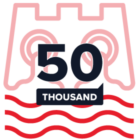
50,000 dams. There are almost 50,000 large dams in use worldwide. Civil engineers use gravimeters to test the integrity of large structures such as dams, roads and dykes and require portable, accurate instrumentation.
From the Founder
As well as already making an impact across the scientific community, I see huge potential for the application of this solution in scientific and commercial sectors, and even personal devices. One day, I am sure, I will have a Phononic Quantum Gravimeter in my phone.

Progress
Mathematical capability proven
While the Phononic Quantum Gravimeter solution is still at an early stage, the team has already shown mathematically what the proposed technology is capable of achieving. This new method has been patented.
Proving these principles in experimental conditions
There are two options for taking the technology into a proof-of-principle phase: building the apparatus required to test, or repurposing existing equipment. As the solution moves into this phase, the team is looking for investment to support this and build a team while, in parallel, the quantum technology community develops the technology to miniaturise cold atoms experiments in a chip.
Attracting interest across the scientific community
The work to date has already attracted the attention of the international scientific community, including Nobel Prize winner Sir Roger Penrose who called the work ‘groundbreaking’. The team has been invited to speak about the project at CERN.
Meet the Phononic Quantum Gravimeter Team

Ivette Fuentes is Professor of Quantum Physics at the University of Southampton. She gained her PhD under Sir Peter Knight at Imperial College and went on to hold posts at Oxford, the Perimeter Institute for Theoretical Physics, and the Universities of Nottingham and Vienna. She was also appointed a Humboldt fellowship at the University of Berlin. Her work is concerned with the interplay of Quantum Theory and General Relativity. She is interested in how quantum information and quantum metrology can make use of relativistic effects. Ivette has collaborated with Sir Roger Penrose on papers concerned with ideas on the collapse of quantum superpositions due to gravity.
More information
The team is looking for investors, industry partners or data specialists who recognise the challenge of data provenance and the cost saving, efficiency-driving opportunity that this unique solution could bring to a wide number of industries.
Gravimeters are used for petroleum and mineral prospecting, seismology, geodesy, geophysical surveys and other geophysical research, and metrology. Their fundamental purpose is to map the gravity field in space and time.
There are several applications for the level of precision in gravitational measurement that could potentially be delivered by this Quantum Gravimeter, and widespread benefits for being able to deliver this in miniature format. Being able to carry out these accurate measurements in a chip would allow the technology to be set in highly portable personal handheld devices. This would deliver value across the fields of civil engineering (finding voids and underground infrastructure assessment), finding resources (water, minerals, gas, and oil), geodesy and earth observation, archaeology, surveying, and navigation.
Various geophysical monitoring organisations have already expressed interest in the proposed technology.
